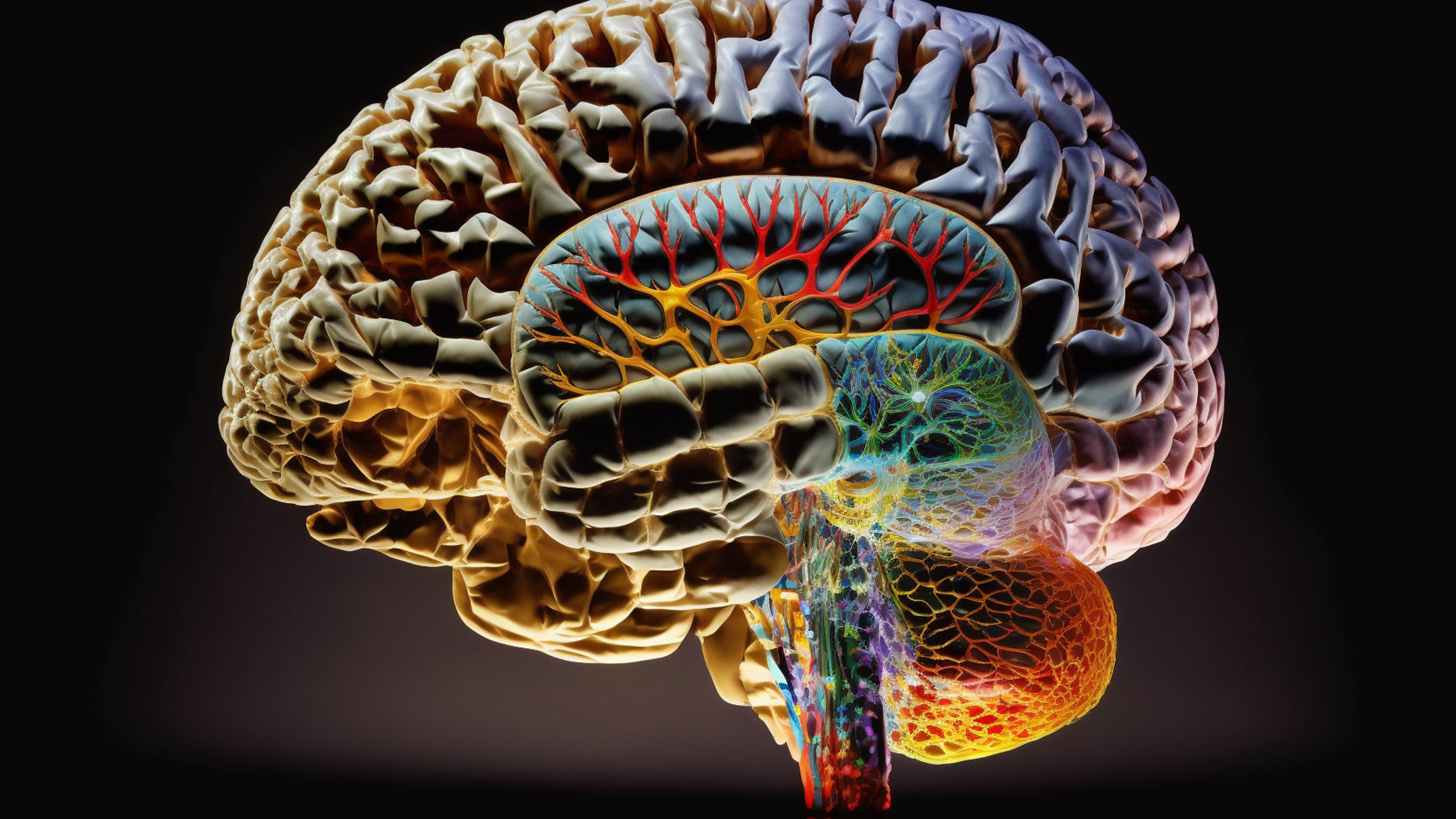
Preliminary research suggests a new diagnostic possibility in cases of suspected Alzheimer’s disease: hippocampal volume analysis, which is performed using imaging tests. When this small part of the brain is smaller than expected, it is very likely that a person will develop symptoms of this type of dementia or other mind-related conditions.
“Volume loss in the hippocampus can be detected early in Alzheimer’s patients,” says Eleftheria Kodosaki, a researcher at University College London (UCL), in the United Kingdom, in an article for the site. Conversation.
In fact, the specialist explains, “This is a loss of volume [no hipocampo] It tends to precede the first signs of cognitive decline. In other words, the reduction of this point in the brain usually occurs even before memory loss, which is very characteristic of the disease.
What is the hippocampus?
It is important here to clarify that the hippocampus, although small and “hidden” at the base of the temporal lobe, performs many important functions in the brain. For example, it is the area responsible for converting short-term memories into long-term memories, which are more malleable for our brains. It also helps regulate emotions and is behind special mobility.
Next, see where the hippocampus is located in the human and rodent brain:
As a person ages, it is normal for the hippocampus to lose volume. However, more drastic changes and very rapid reductions in size are usually associated with a disease, such as Alzheimer’s disease.
An indicator of Alzheimer’s disease in the brain
Faced with these questions, an international team of researchers decided to investigate how decreased hippocampal volume is linked to Alzheimer’s disease. For this purpose, 128 elderly people were recruited and followed for an average of 10 years.
At the beginning of the study, participants were not diagnosed with any type of dementia. They also had normal levels of cognitive ability. However, with the passage of years and the aging process, it was possible to observe that atrophy of the hippocampal volume (HV) was a frequent measure in Alzheimer’s patients, as described by the authors in an article published in the journal Neurology.
In some cases, the decrease in hippocampal volume was not related to the buildup of toxic proteins in the brain, such as beta-amyloid. The interesting thing is that these proteins are today considered the main cause of the disease and its diagnosis, but they may not be the only ones. After all, there are other factors that contribute to the disease.
Diseases affecting the hippocampus
Despite the results, the research is still very early. This is because other diseases, in addition to Alzheimer’s disease, can also cause the hippocampus to shrink. For example, a smaller size of this point in the brain has been linked to cases of depression, anxiety disorder, Cushing’s syndrome, or even post-traumatic stress disorder (PTSD).
Furthermore, scientists already know that certain behaviors can contribute to reduced hippocampal volume, such as excessive alcohol consumption. Lack of oral hygiene also puts the area at risk. Therefore, this finding still needs further exploration before it can be accepted as an effective form of diagnosis.
source: Neurology that it Conversation

“Friendly zombie guru. Avid pop culture scholar. Freelance travel geek. Wannabe troublemaker. Coffee specialist.”





